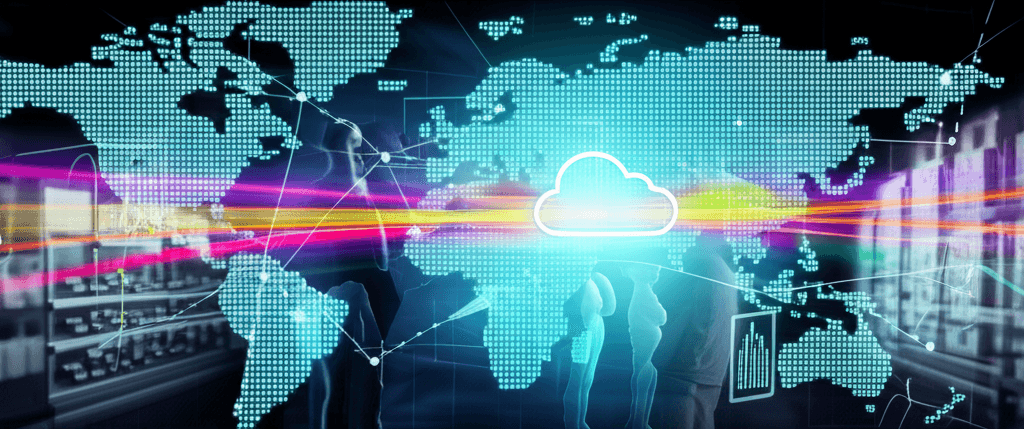PepsiCo Unleashes Autonomous AI Agents Across Global Business
PepsiCo's strategic adoption of autonomous AI agents is reshaping global operations and forging deeper customer relationships.
June 26, 2025

In a significant move to embed artificial intelligence deeper into its global operations, PepsiCo has announced plans to deploy Salesforce's Agentforce platform at scale.[1][2][3] This strategic partnership marks a pivotal step in the food and beverage giant's digital transformation, making it one of the first major companies in its sector to leverage autonomous AI agents across its business.[1][2] The initiative is designed to enhance operational efficiency, streamline customer support, and empower its sales teams to focus on strategic growth and foster deeper relationships with retailers.[4][5][3] By automating key functions and leveraging data-driven insights, PepsiCo aims to create a more connected and adaptive business, capable of making smarter, faster decisions to fuel innovation and sustainable growth.[1][4]
The collaboration centers on Agentforce, Salesforce's digital labor platform that allows for the integration of trusted, autonomous AI agents directly into workflows.[2][4] These are not simply chatbots; agentic AI can perceive business context, decide on a course of action, and execute tasks without continuous human intervention.[6] For PepsiCo, this means deploying these AI agents across a wide range of functions, including customer service, field sales, marketing, and supply chain execution.[7] The core of this technological overhaul is the unification of data.[1][2] Leveraging Salesforce's Data Cloud, PepsiCo will consolidate information from numerous sources to create comprehensive, unified customer profiles.[1][8] This holistic view is crucial in a consumer goods landscape often hampered by fragmented customer insights.[9] The goal is to reengineer the company's B2B commerce infrastructure to be faster, more intelligent, and seamlessly integrated from online ordering and inventory tracking to trade promotions and in-store fulfillment.[7]
The practical applications of this AI deployment are extensive and are set to redefine how PepsiCo interacts with its vast network of retail partners.[7][4] Using Salesforce's Consumer Goods Cloud, field service representatives will gain real-time visibility into inventory, enabling stronger in-store execution and optimized product stocking.[1][2] This capability is designed to reduce out-of-stock situations and improve on-shelf availability.[7][10] In customer service, the integration with Service Cloud will create a hybrid model where humans and AI agents collaborate.[2][5] AI agents will be able to handle a high volume of routine inquiries, such as order tracking and returns, 24/7, freeing up human agents to manage more complex and higher-value account issues.[7][11] For inside sales, AI agents can recommend products, generate sales pitches, and highlight relevant discounts during service calls, turning a support interaction into a revenue opportunity.[12] Furthermore, this technology will automate time-consuming administrative tasks like scheduling store visits, allowing field reps to focus more on strategic relationship building.[12][6]
The implications of PepsiCo's large-scale AI adoption extend beyond internal efficiencies, signaling a significant shift in the consumer-packaged goods (CPG) industry.[7][13] The move reflects a broader trend toward the convergence of AI, e-commerce, and supply chain management into a single, data-driven operating model.[7] By leveraging comprehensive consumer data from Marketing Cloud, PepsiCo can deliver more targeted and automated marketing campaigns and promotions, personalizing offerings based on retailer profiles, purchasing history, and geographic demand signals.[7][2][5] The company is also incorporating a new Trade Promotion Management tool to enhance the effectiveness of promotional spending, an area that can represent a significant portion of revenue for CPG companies.[1][9][14] This data-driven approach aims to improve the return on investment for trade promotions and strengthen retail relationships.[4][9] The initiative is also designed to bolster PepsiCo's presence on third-party e-commerce platforms and retailer-operated digital marketplaces by ensuring its digital product catalog is dynamic and responsive to real-time data.[7]
In conclusion, PepsiCo's deployment of Salesforce Agentforce represents a forward-looking strategy to fundamentally reshape its operations through artificial intelligence.[4] The collaboration is more than a technological upgrade; it's a reimagining of how a global CPG leader engages with customers, manages its supply chain, and empowers its workforce. By uniting human expertise with the autonomous capabilities of AI agents, PepsiCo is positioning itself to be more agile and resilient in a competitive market.[1][3][8] As articulated by PepsiCo's leadership, this is about creating a future-ready enterprise where humans and intelligent agents collaborate to drive efficiency and unlock new avenues for growth.[2][3] This landmark deal not only sets a new benchmark for the food and beverage sector but also serves as a powerful testament to the tangible value and transformative potential of AI in reshaping customer engagement on a global scale.[1][4]